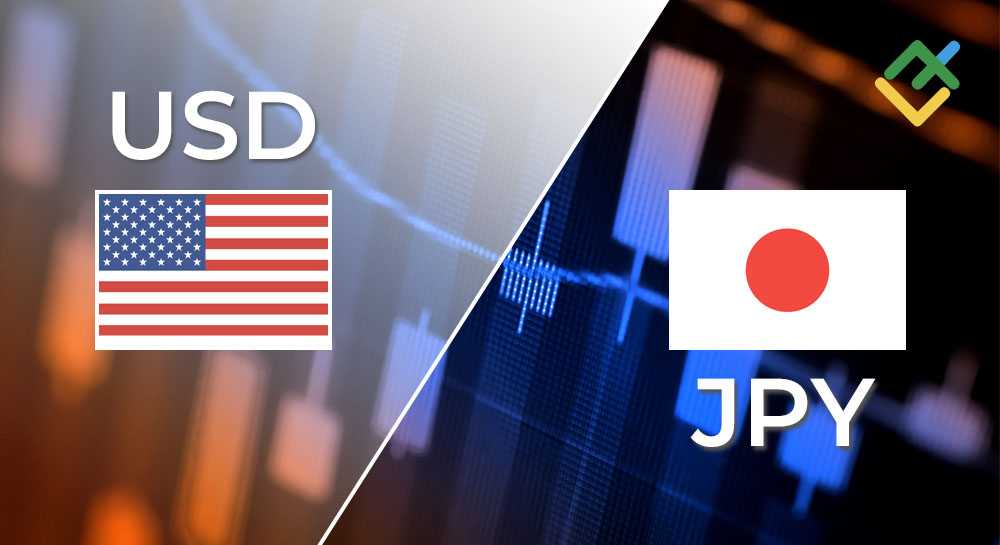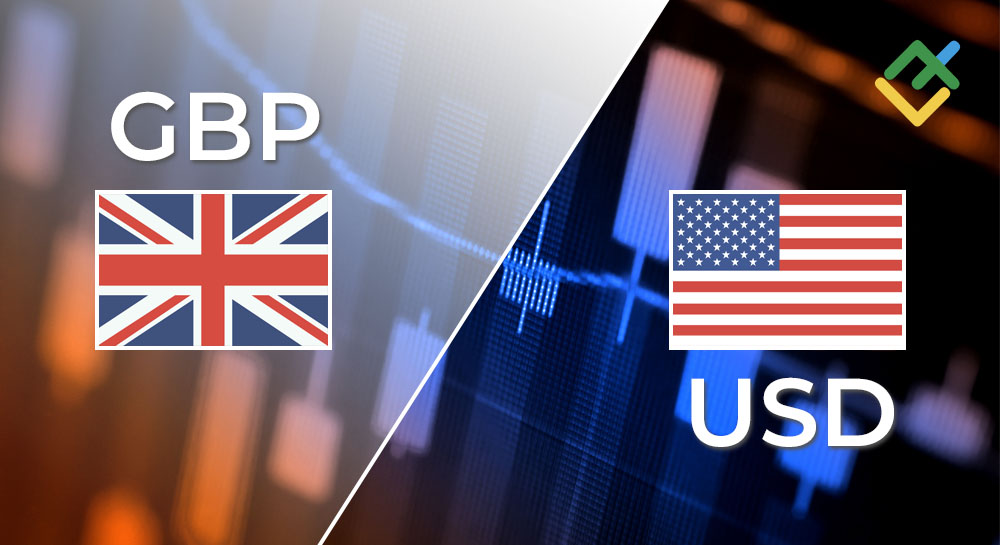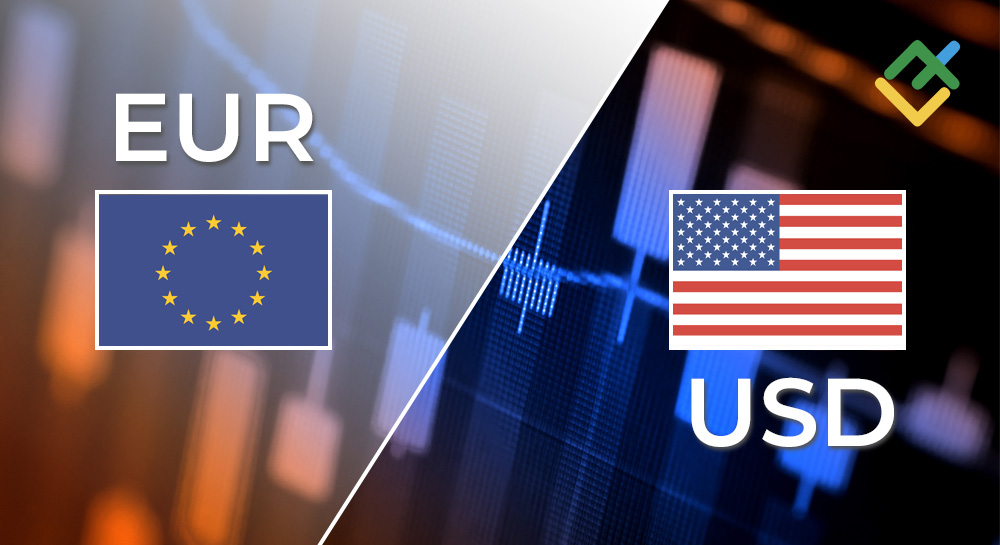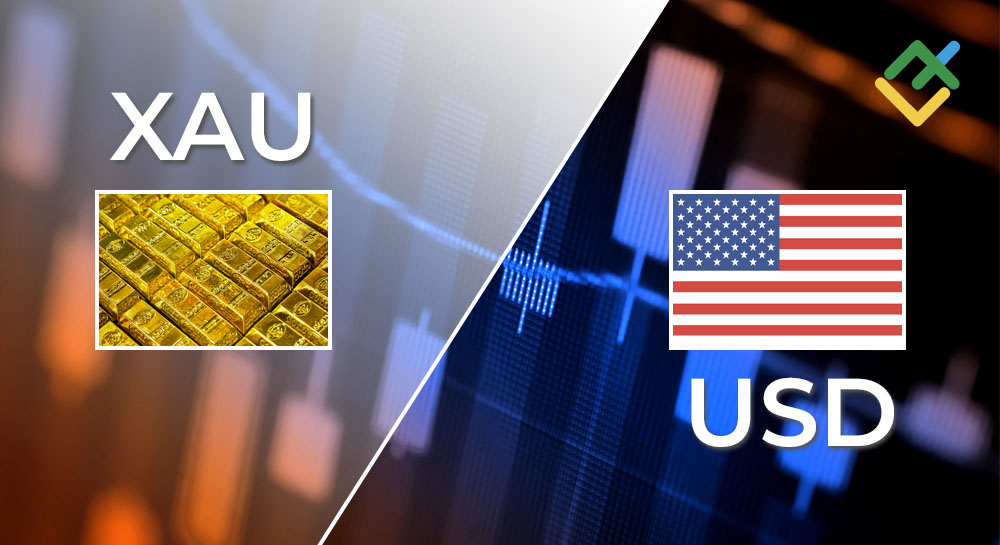European Union regulators announced today (Monday) that
Apple Inc. has breached new digital regulations by restricting users of its App
Store from accessing alternative platforms. The European Commission,
responsible for enforcing EU laws, disclosed it had launched a fresh
investigation into Apple’s recent contractual terms with developers.
This action stems from the Digital Markets Act (DMA), a law
introduced to curb the dominance of major technology companies. Key to the
investigation are rules prohibiting companies like Apple from preventing users
from being informed about cheaper purchasing options or subscriptions outside
their app stores—a practice known as “anti-steering.”
Limiting Developer Freedom
According to preliminary findings, the Commission asserts
that Apple’s App Store policies inhibit app developers from freely guiding
consumers towards alternative channels for offers and content.
While Apple
allows developers to direct users to external webpages for transactions like
subscriptions, the Commission contends these efforts are constrained by
Apple-imposed restrictions, hindering developers’ ability to communicate,
promote offers, or finalize transactions via their preferred distribution channels.
The Commission also raised concerns over the fees Apple
charges developers for acquiring new customers through the App Store,
suggesting they exceed what is deemed necessary under the DMA. Specifics on
what constitutes a “strictly necessary” fee were not disclosed.
Should Apple be found in violation of the DMA, potential
penalties could amount to up to 10% of the company’s annual global turnover.
Earlier this year, Apple faced a substantial antitrust fine of €1.8 billion for
unfairly leveraging its market position in the distribution of music streaming
apps, with similar concerns about steering practices playing a pivotal role.
BREAKING: The EU vs. Apple legal fight is HEATING UP. They suspect Apple is breaching the Digital Markets Act (DMA) and open a new investigation. Here’s what you need to know:
— Luiza Jarovsky (@LuizaJarovsky)
Today, the EU Commission announced:
1. it’s preliminary view that App Store rules are in breach… pic.twitter.com/4h0sE2U1kq
Adapting App Store Policies Ahead of EU Regulations
In anticipation of DMA enforcement, Apple has implemented
significant changes to its App Store policies in the EU this year. These
include allowing apps to be downloaded from websites and third-party app stores
on its devices. However, the Commission remains cautious, examining Apple’s
continued imposition of a “core technology fee” for non-App Store
downloads, currently set at €0.50 per app.
Furthermore, regulators are scrutinizing the procedures
Apple mandates for users seeking alternative app stores or apps, assessing
their compliance with EU regulations. The Commission will also evaluate whether
criteria for offering alternative app stores or distributing apps directly from
the web on iPhones align with the DMA’s stipulations.
European Union regulators announced today (Monday) that
Apple Inc. has breached new digital regulations by restricting users of its App
Store from accessing alternative platforms. The European Commission,
responsible for enforcing EU laws, disclosed it had launched a fresh
investigation into Apple’s recent contractual terms with developers.
This action stems from the Digital Markets Act (DMA), a law
introduced to curb the dominance of major technology companies. Key to the
investigation are rules prohibiting companies like Apple from preventing users
from being informed about cheaper purchasing options or subscriptions outside
their app stores—a practice known as “anti-steering.”
Limiting Developer Freedom
According to preliminary findings, the Commission asserts
that Apple’s App Store policies inhibit app developers from freely guiding
consumers towards alternative channels for offers and content.
While Apple
allows developers to direct users to external webpages for transactions like
subscriptions, the Commission contends these efforts are constrained by
Apple-imposed restrictions, hindering developers’ ability to communicate,
promote offers, or finalize transactions via their preferred distribution channels.
The Commission also raised concerns over the fees Apple
charges developers for acquiring new customers through the App Store,
suggesting they exceed what is deemed necessary under the DMA. Specifics on
what constitutes a “strictly necessary” fee were not disclosed.
Should Apple be found in violation of the DMA, potential
penalties could amount to up to 10% of the company’s annual global turnover.
Earlier this year, Apple faced a substantial antitrust fine of €1.8 billion for
unfairly leveraging its market position in the distribution of music streaming
apps, with similar concerns about steering practices playing a pivotal role.
BREAKING: The EU vs. Apple legal fight is HEATING UP. They suspect Apple is breaching the Digital Markets Act (DMA) and open a new investigation. Here’s what you need to know:
— Luiza Jarovsky (@LuizaJarovsky)
Today, the EU Commission announced:
1. it’s preliminary view that App Store rules are in breach… pic.twitter.com/4h0sE2U1kq
Adapting App Store Policies Ahead of EU Regulations
In anticipation of DMA enforcement, Apple has implemented
significant changes to its App Store policies in the EU this year. These
include allowing apps to be downloaded from websites and third-party app stores
on its devices. However, the Commission remains cautious, examining Apple’s
continued imposition of a “core technology fee” for non-App Store
downloads, currently set at €0.50 per app.
Furthermore, regulators are scrutinizing the procedures
Apple mandates for users seeking alternative app stores or apps, assessing
their compliance with EU regulations. The Commission will also evaluate whether
criteria for offering alternative app stores or distributing apps directly from
the web on iPhones align with the DMA’s stipulations.
This post is originally published on FINANCEMAGNATES.






